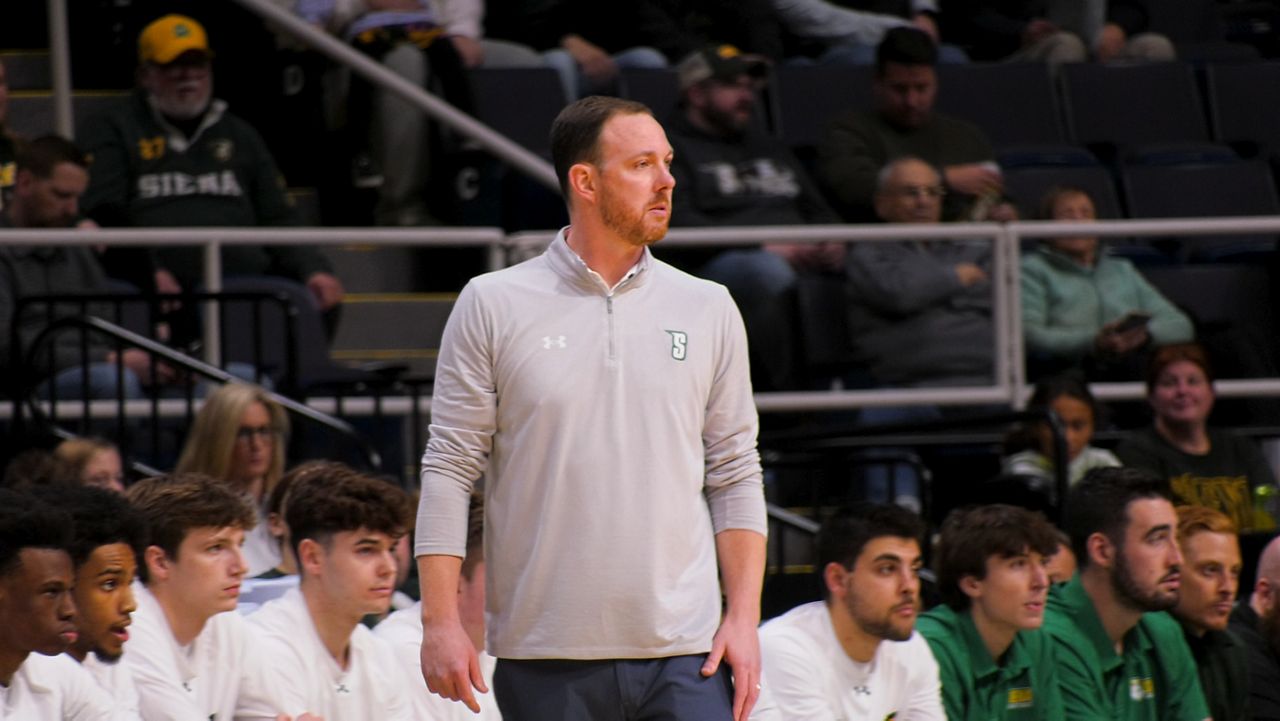Sports
‘Unbroken’: A new exhibition about Israeli sports in the shadow of war

Opening ceremonies for Unbroken, a new exhibition examining the aftermath of the October 7 attacks and the resilience of the Jewish spirit as seen in sports, took place on October 15, at Kfar Maccabiah in Ramat Gan, Israel.
The exhibition was created by Maccabi World Union – the world’s largest Jewish sports and education organization, together with the Ministry of Culture & Sports, and the World Jewish Congress.
The exhibition, which is being held in the lead-up to the 2025 Maccabiah Games, during which 10-thousand Jewish athletes are expected to compete in Israel, is curated by Adi Rubinstein and highlights the story of Israeli sports since the outbreak of the Gaza War through the experiences of October 7 victims, survivors, and their families.
The cooperation between the Maccabi World Union and the World Jewish Congress is part of a long-term effort to join forces to increase awareness of the October 7 events while fighting the growing spread of antisemitism that has followed the attacks and the Gaza War.
The first exhibition of its kind, its opening is taking place at the World Jewish Sports Museum in Kfar Maccabiah, and it will remain there until March 2025. Following that, the exhibition will be traveling to New York, Miami and Geneva, to expose different Jewish communities and non-Jewish audiences around the world to these stories.
In addition, the World Jewish Sports Museum has created a pop-up version of the exhibition that can be easily downloaded and displayed within the Jewish diaspora to communities interested in bringing the experience to their members.
The exhibition features personal items, multimedia displays, and interviews, giving visitors a unique and intimate perspective of this critical moment in history. “On the face of it, sports and war are opposites, but the State of Israel clung to sports during the difficult hours of the war, creating unforgettable moments of grace and pride,” said Osnat Zur, World Jewish Sports Museum director. “Sports are a unifying factor, fostering resilience, healing, and strength, as has been evident since October 7 across sports clubs in Israel. We are excited to share these powerful stories of resilience and spirit as part of our commitment to preserving Jewish sports history wherever it is,” Zur added.
The exhibition is divided into three chapters: The first part, “Sports on October 7,” tells the stories of several athletes and sports fans who were murdered or survived the attacks: cyclist Aya Meydan and her friend, the late rider Lior Weizmann; the late soccer player Lior Assoulin and another soccer player, Ben Benjamin, who was injured during the massacre at the Nova party. There is also the story of the late Inbar Haiman, the Maccabi Haifa supporter who was kidnapped by Hamas and murdered in captivity, among the many stories.
The second chapter describes the reaction of sports fans to the war and their calls for the return of the kidnapped. The third chapter highlights some of the successes of Israeli athletes amidst the ongoing conflict.
Among the items on display: the bicycle of the late Lior Weizmann; the basketball shoes of Danny Abadiya with wishes for the return to health of popular actor/singer and injured IDF soldier Idan Amedi; the shoes of the late Lior Assoulin; the shirt of the late Inbar Haiman; the gold medal won by swimmer Anastasia Gorbenko on Qatari soil amidst the boos of a hostile crowd; and the gold medal won by Israeli Olympian gymnast Artem Dolgopyat at the world championships on October 7, 2023.
According to Rubinstein, sports following October 7th played an integral role in strengthening resilience. “One of the few things that gave hope to the Israeli people during this terrible year was sports. Because, amazingly, this actually was the best year in sports that Israel has had since it was established.”
“Sports help us hold onto hope for a brighter future, teaching us that even when we fall on our knees, feeling shattered and broken, we can take a deep breath, gather the fragments, look toward the horizon, rise to our feet, and carry on,” said Amir Gissin, director general of the Maccabi World Union. “And when we fall again, we can rise in the same way.”
Said Michael Siegal, president of Maccabi World Union, “This memorial was designed to never forget those who have fallen and those yet to be returned. This wonderful exhibit will be opening to all of Israel, and then we hope that other Jewish museums around the world will take into consideration and show this tribute to those that fell on October 7th and those athletes that will never be forgotten.”
“Today we are proud supporters of the Maccabi World Union exhibition, which focuses on the profound impact of the October 7th terror attack on Israel’s sporting community,” said Ron Lauder, World Jewish Congress president.
Limor Weizmann is the widow of Lior, whose story appears in the exhibition. She said it is her mission to commemorate her husband through the sports he loved so much. “Lior’s passion for cycling was profound. On the seventh of October, he had a dream to become an Ironman. He was driven by an immense love for family, for his parents, for me, and for Kfir. Tragically, it was love that led to his death; he was murdered while doing what he loved the most.”
Since October 7, Meydan has been riding for herself but also to commemorate those who cannot do it themselves. “Every day, I rise in the morning to do something. I do it for myself, as a victory of the spirit over the body, and also for Lior, my friend. We were supposed to meet on October 7, and he was murdered. To continue his path, as he dreamt of being an Ironman, I decided that if he couldn’t achieve it, I would do it for him.”
Survivors of the massacre attend opening
The opening ceremony was attended by October 7 survivors, family members, and relatives of the victims, as well as representatives of the various organizations involved in the exhibition.
The exhibition is open to the general public on Sundays from 10 a.m. to 4 p.m., Thursdays from 4 p.m. to 8 p.m., and Fridays from 10 a.m. to 2 p.m. Registration or a guided tour are not required. It is located in Worms Hall in Ramat Gan, at the World Jewish Sports Museum.
For more information, visit the museum website at www.jewishsportsmuseum.org.








